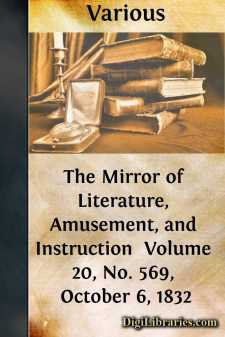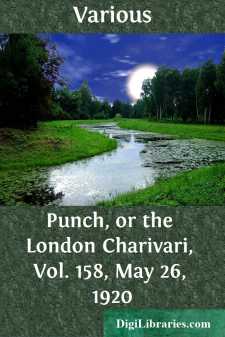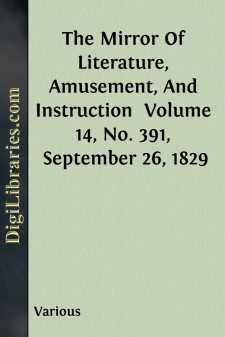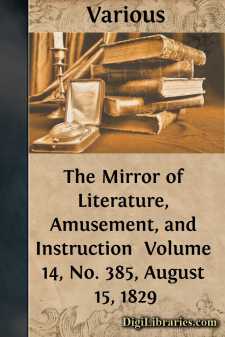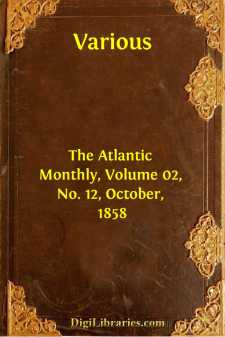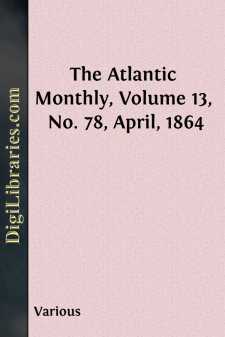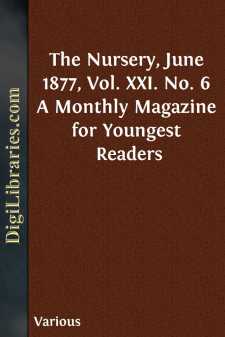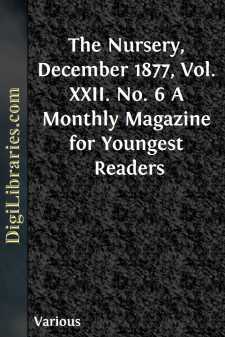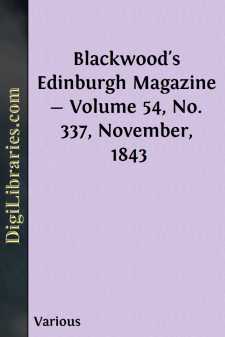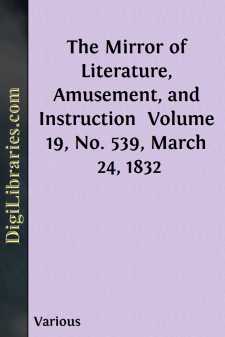Categories
- Antiques & Collectibles 13
- Architecture 36
- Art 48
- Bibles 22
- Biography & Autobiography 813
- Body, Mind & Spirit 142
- Business & Economics 28
- Children's Books 17
- Children's Fiction 14
- Computers 4
- Cooking 94
- Crafts & Hobbies 4
- Drama 346
- Education 46
- Family & Relationships 57
- Fiction 11829
- Games 19
- Gardening 17
- Health & Fitness 34
- History 1377
- House & Home 1
- Humor 147
- Juvenile Fiction 1873
- Juvenile Nonfiction 202
- Language Arts & Disciplines 88
- Law 16
- Literary Collections 686
- Literary Criticism 179
- Mathematics 13
- Medical 41
- Music 40
- Nature 179
- Non-Classifiable 1768
- Performing Arts 7
- Periodicals 1453
- Philosophy 64
- Photography 2
- Poetry 896
- Political Science 203
- Psychology 42
- Reference 154
- Religion 513
- Science 126
- Self-Help 84
- Social Science 81
- Sports & Recreation 34
- Study Aids 3
- Technology & Engineering 59
- Transportation 23
- Travel 463
- True Crime 29
Sort by:
by:
Various
LISBON. LISBON. Lisbon, the capital of Portugal, was called by the ancients Ulyssippo, and the foundation is fabulously ascribed to Ulysses. The situation is grand, on the north bank of the river Tagus, in lat. 38° 42-1/3′ N., lon. 9° 8-1/3′ W. The harbour, or rather road, of Lisbon, is one of the finest in the world; and the quays are at once convenient and beautiful. On entering the river, and...
more...
by:
Various
CHARIVARIA. Bohemia has decided to have a Coalition Government. Several London morning papers are prepared to offer them one in good going condition, providing they pay cost of transit. According to a contemporary, "rabbits are worth less when they are skinned by the shopkeeper." So is the customer. "It is of greater advantage to know the Welsh language," says Professor Trow, "than...
more...
by:
Various
MR. GURNEY'S IMPROVED STEAM CARRIAGE. Mr. Gurney, in perfecting this invention, has followed Dr. Franklin's advice—to tire and begin again. It is now four years since he first commenced his ingenious enterprise; and nearly two years since we reported and illustrated the progress he had made. (See MIRROR, vol. x. page 393, or No. 287.) He began with a large boiler, but public prejudice was...
more...
by:
Various
HAMPTON COURT. Here is a bird's-eye view of a royal palace and domain "cut out in little stars." It is copied from one of Kipp's Views in Great Britain in the time of Queen Anne, and affords a correct idea of Hampton Court in all its olden splendour. The palace is situated on the north bank of the Thames, two miles west from Kingston. It was magnificently built by Cardinal Wolsey....
more...
by:
Various
Half a dozen rivulets leap down the western declivity of the Rocky Mountains, and unite; four thousand miles away the mighty Missouri debouches into the Mexican Gulf as the result of that junction. Did the rivulets propose or plan the river? Not at all; but they knew, each, its private need to find a lower level; the universal law they obeyed accomplished the rest. So is it with the great human...
more...
by:
Various
FIGHTING FACTS FOR FOGIES. Young people are often charged with caring little for the past. The charge is just; and the young are right. If they care little for the past, then it is certain that it is in debt to them,—as for them the past cared nothing. It is wonderful, considering how children used to be treated, that the human race ever succeeded in getting established on earth. Humanity should have...
more...
by:
Various
ARTHUR'S NEW SLOOP. OW, boys," said Uncle Martin, "if you were at sea in a vessel like this, what should you do when you saw a squall coming up?""I should take in all sail, and scud under bare poles," said Arthur. "But what if you did not want to be blown ashore?" "Then I should leave out the first reef, so as to catch as much wind as I could risk, and steer for the...
more...
by:
Various
THE MORNING AFTER THE PARTY.MARY (angrily). Tommy, you deceiver!You've turned a regular thiever:I've let the light in on your deeds,You needn't sneak away.You thought it mighty pleasantTo devour that dainty pheasant;Which cook and I for breakfast meantTo have this very day. TOM (calmly).Miss Mary, I assure youYou're entirely mistaken:I was finishing my supper—Don't call me...
more...
by:
Various
ADVENTURES IN TEXAS. NO. 1. Reader! Were you ever in a Texian prairie? Probably not. I have been; and this was how it happened. When a very young man, I found myself one fine morning possessor of a Texas land-scrip—that is to say, a certificate of the Galveston Bay and Texas Land Company, in which it was stated, that in consideration of the sum of one thousand dollars, duly paid and delivered by Mr...
more...
by:
Various
WINDSOR CASTLE, (N.E.) Our sketchy tour of Windsor Castle has hitherto been told in visits far between, perhaps, if not few, for the interesting character of the whole fabric. The present Cut includes the North-east view, a picturesque if not important point. The reader will remember, if he has not enjoyed, the splendid terrace on the north; this is now continued on the eastern side. The fine tower at...
more...


